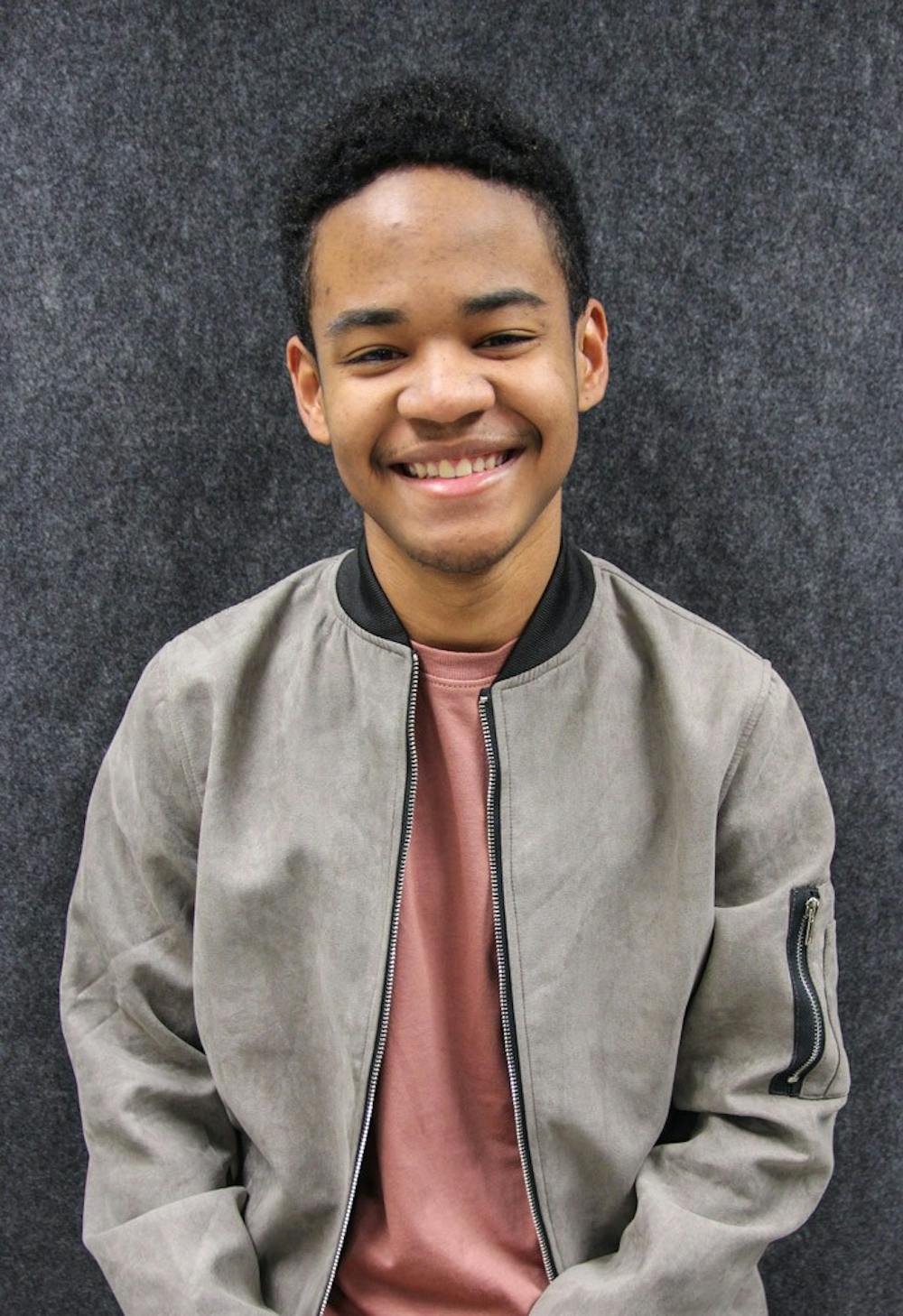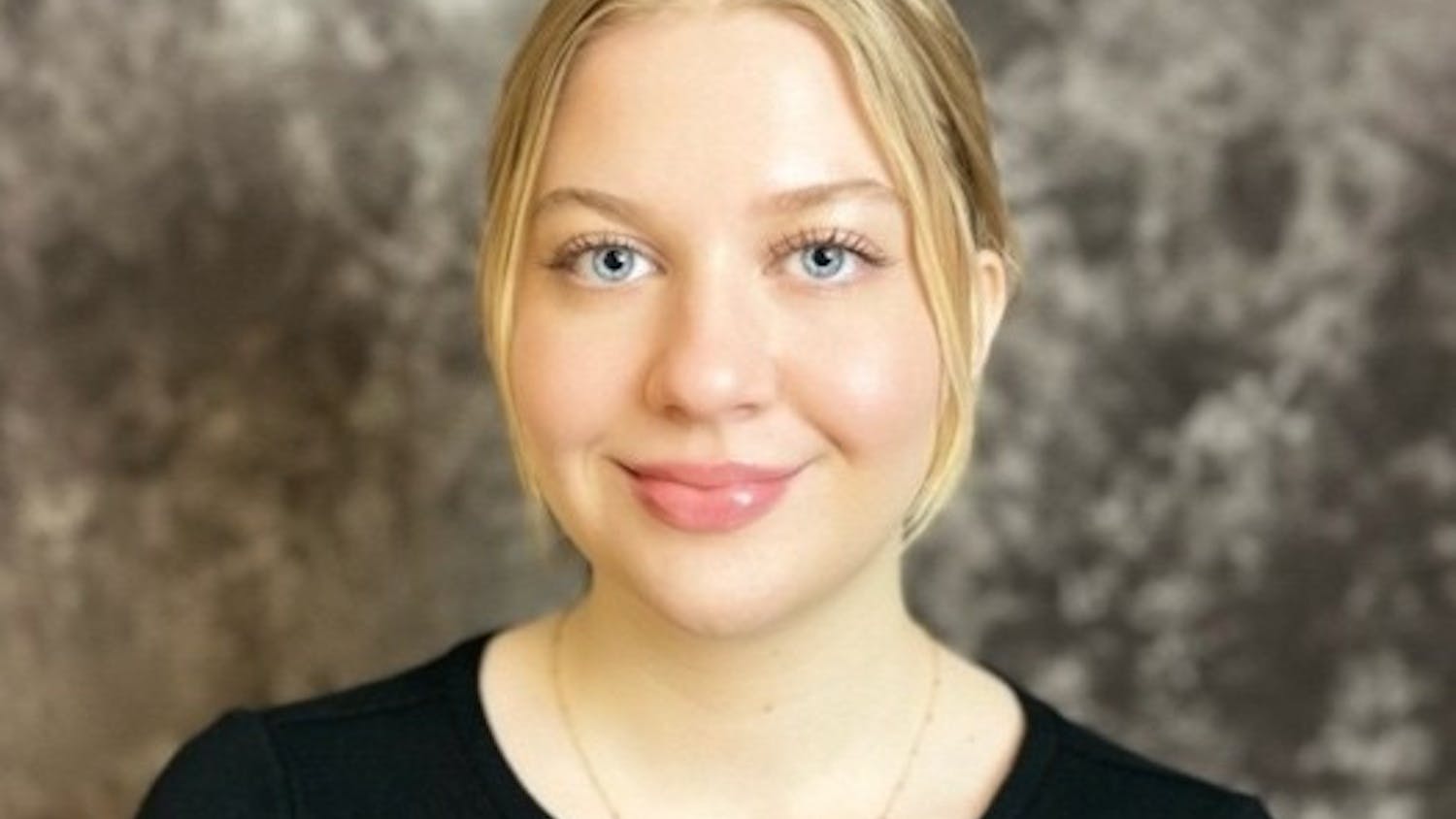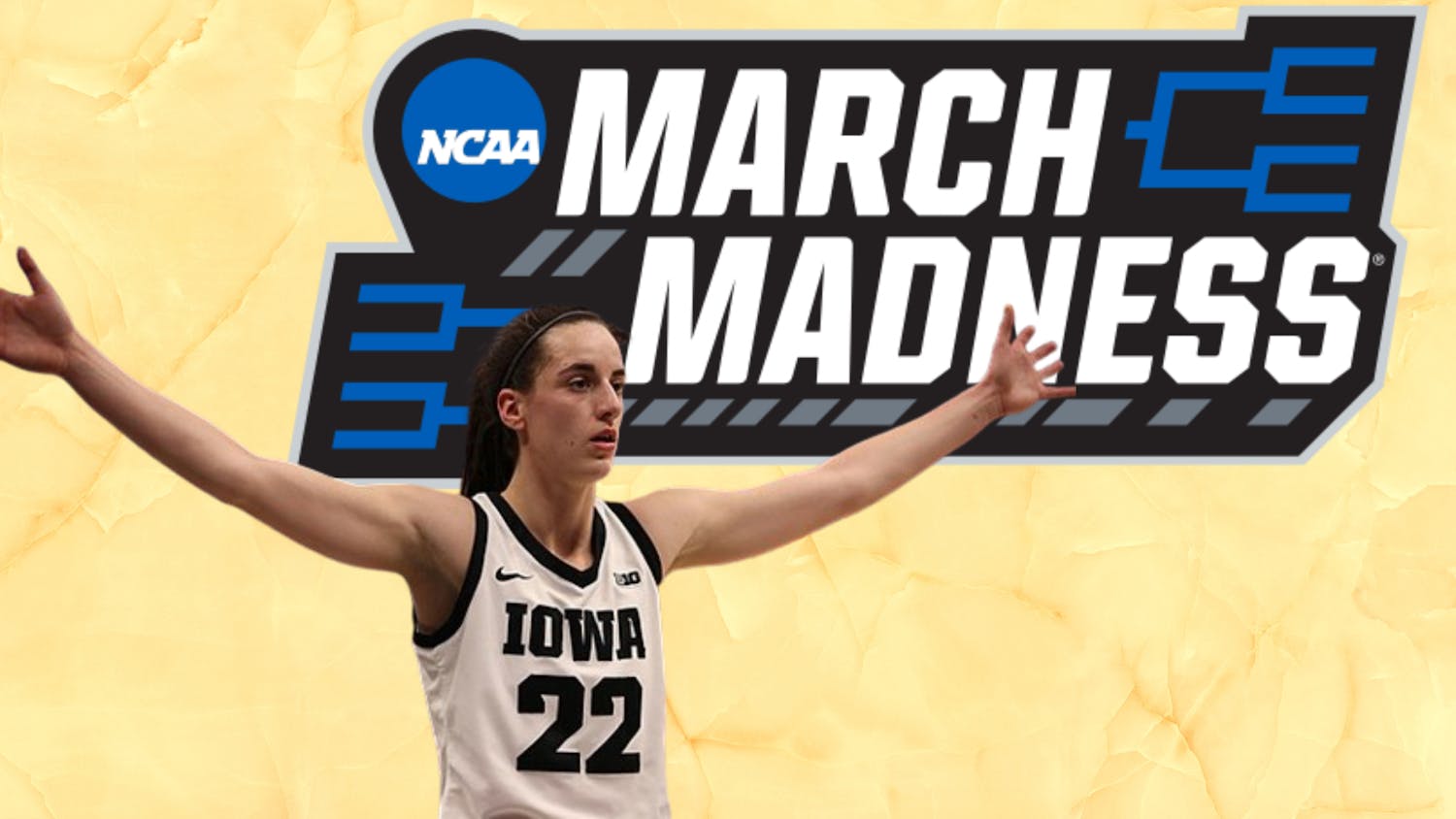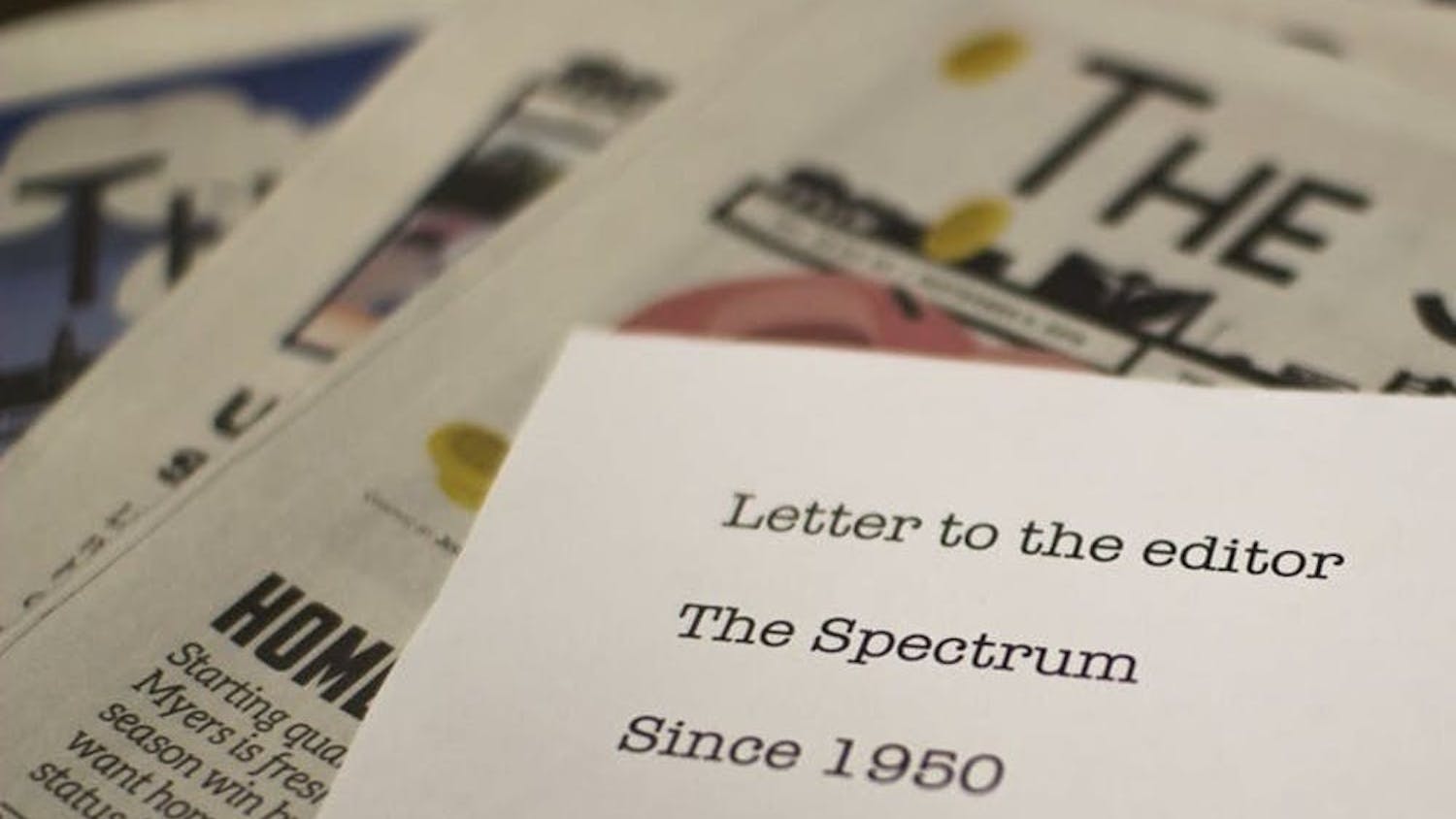“Boys don’t cry.”
This was a phrase I heard my whole life growing up in Jamaica.
When I was in high school, I’d be labeled as “crybaby” or a “softie” because of how emotional I was as a kid. Crying was a “feminine” trait.
But why? I never understood why expressing my own feelings was so looked down upon for a boy and I wondered if men just went about their lives suppressing their emotions.
Eventually I learned the unfortunate reality that the latter is true.
I dug deeper to try to learn more about this phenomenon I was experiencing. I discovered the term “hypermasculinity,” a psychological term for the exaggeration of male stereotypical behavior, such as an emphasis on physical strength, aggression and sexuality.
In Jamaica, hypermasculinity is especially prevalent, where across the country many boys are raised to follow these exaggerated standards and shun anyone who does not.
Any actions that did not follow these exaggerated norms would be deemed feminine – and, subsequently, homosexual.
While I was growing up, homosexuality was gaining acceptance in the U.S. and other countries around the world. Meanwhile in Jamaica, it remained taboo. You could be stoned for being gay.
Being the softie, crybaby kid I was, I struggled to fit in with other boys because of how ingrained this severe image of masculinity was.
So I did what any other teenage boy would’ve done to survive high school – I suppressed my own emotions, feigned aggression and exuded heterosexuality so that everyone wouldn’t see me as different or question my sexuality.
By doing this, I made friends – not the ones I wanted, but friends nonetheless – and I started to fit in. This meant my life was getting a bit better, right?
Wrong.
I did not feel like myself. Every day I would put on a mask and go to school just to act like someone I wasn’t. All I was getting out of this was a group of friends who were nothing like my true self.
I was lost. I felt scammed. It felt as if I had sold a piece of myself for a trove of treasure, but got dust instead. I became ashamed with myself for what I had been doing in the name of fitting in.
This, among other things, sent me spiraling into depression at just 15 years old, and I started to cope in any way possible. I constantly listened to music, started bingeing on videogames and neglected my schoolwork. By the time I was in grade 11, I was a chronic weed smoker who didn’t even make it to his final exams.
I remember showing up to my literature final and just deciding to go home because the stress was not worth it. I didn’t know who I was or where I belonged in Jamaica, but I did know that pretty soon this self-destructive behavior was going to end my school career.
I was self-aware enough to know I needed to fix this hole.
So what did I do? It was simple – I started learning. I read about anything that had to do with hypermasculinity and the many ways it manifested as things such as homophobia, increased crime rates among men and the lack of emotional intelligence across men.
I made sure to stand up for my beliefs regardless of whether my schoolmates agreed with me or not. I did eventually find a few people who thought like me but we were still a minority.
This was huge progress for me, and it eventually became secondhand.
I was on the debate team in high school. In one debate, I was arguing for separation of church and state. After a few exchanges between their team leaders, something interesting happened.
At a certain point he tried to counter my argument by saying, “So if you believe that, then by extension you support gay marriage.” To this I answered without hesitation, “Yes, I do.”
The crowd erupted. One of the judges stood on his feet and applauded me for standing my ground.
Whether the crowd was in support or against I did not know, nor did I care. This was a view I’d had my whole life and I was not going to back down because of my home country’s hateful views and backwards expectations for men.
We won that debate, and my team captain got best speaker of the match. The same judge that stood up when I spoke took down my contact information and told me we needed more youth like me on debate teams.
It was a simple moment that wouldn’t have made much of a statement in the U.S. But in Jamaica, a country under such a strong religious grip, it was huge.
More importantly this was a victory for myself. I stood up for my views and felt proud of myself. It was a turning point.
Toussaint Chen is a staff writer and can be reached at features@ubspectrum.com





